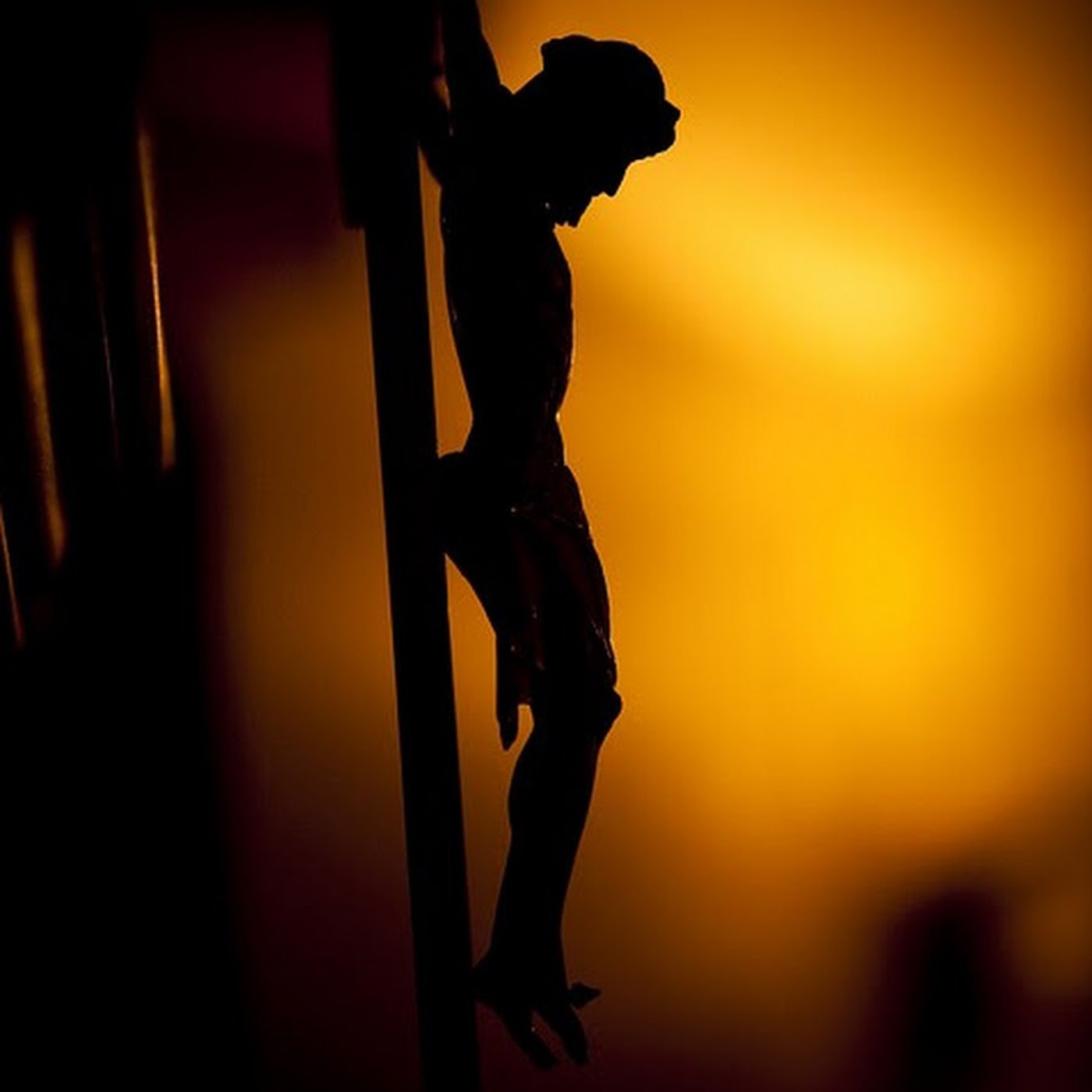 |
Glady Branch Baptist ChurchWeekly Biblical Study Author: Glady Branch Baptist Church
A deep dive into the Biblical text, dissecting the details in the context of the grander Biblical story. Language: en-us Genres: Christianity, Religion & Spirituality, Spirituality Contact email: Get it Feed URL: Get it iTunes ID: Get it |
Listen Now...
Wednesday, 1 January, 1000












